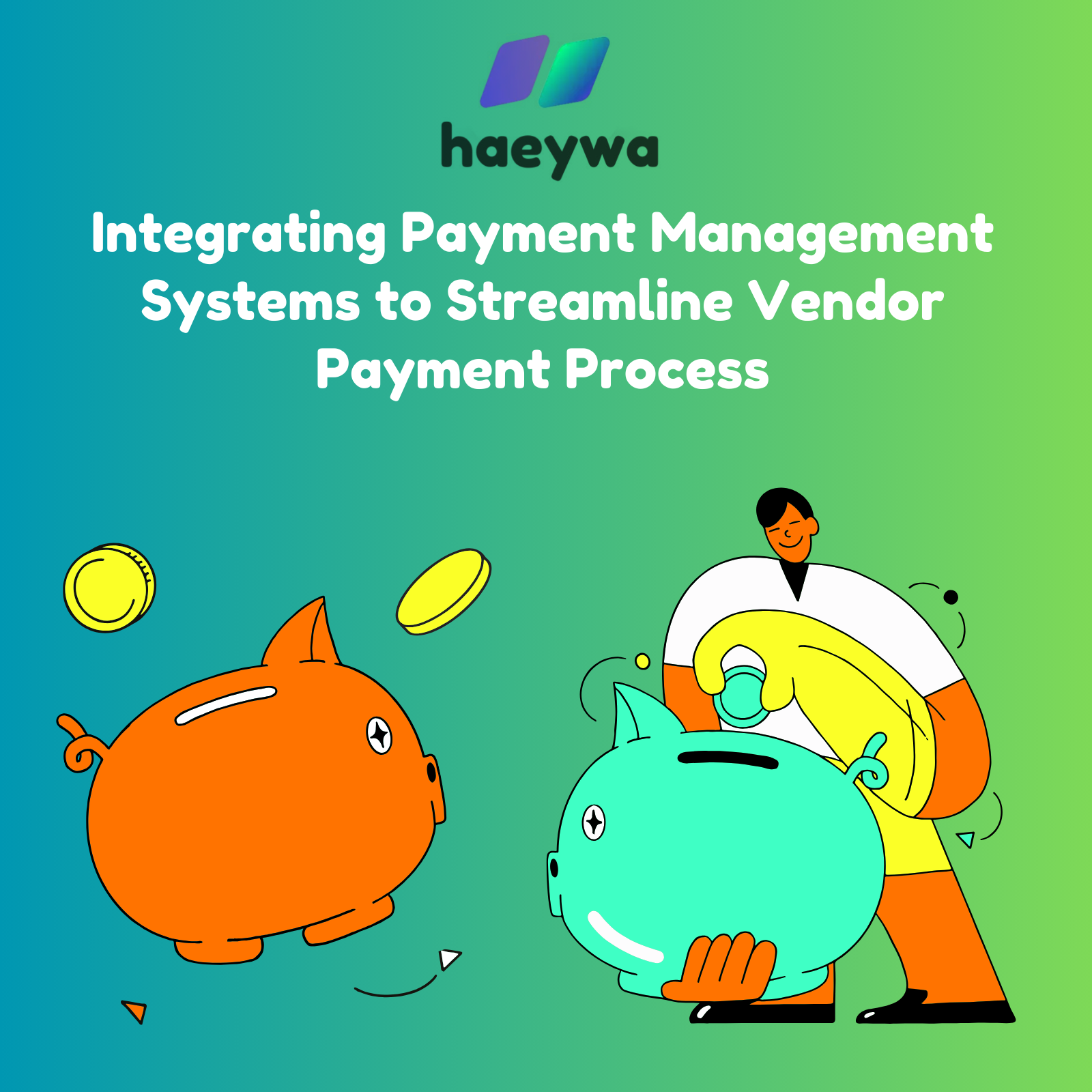haeywa app • February 04 2026 • 2 min read
In today's fast-paced world, managing personal and business expenses can be a daunting task. Keeping track of every penny spent, categorizing expenses, and staying within budget can be overwhelming without the right tools and strategies. This is where an expense management app like haeywa or expense tracking software comes into play. In this comprehensive guide, we will explore the world of expense management and how these digital tools can make your life easier.
Expense management refers to the process of monitoring, controlling, and optimizing expenses within an organization or for personal financial purposes. It involves tracking both fixed and variable costs to ensure financial stability and growth. Let's delve deeper into the key components of expense management:
1. Expense Tracking: The foundation of effective expense management is tracking your expenditures. This can include anything from daily coffee runs to monthly utility bills. Expense tracking helps you understand where your money is going.
2. Budgeting: Setting a budget is crucial for managing your finances effectively. It helps you allocate your income to different expense categories and ensures that you don't overspend.
3. Expense Analysis: Analyzing your expenses allows you to identify trends and areas where you can cut costs. This can lead to significant savings over time.
4. Compliance: In a business context, expense management also includes ensuring compliance with company policies and government regulations. This prevents fraud and ensures transparency in financial operations.
Expense managers, also known as expense management apps or expense tracking software, are digital tools designed to simplify and streamline the expense management process. They offer a range of features to help individuals and businesses manage their finances more effectively. Here's what you can expect from a good expense manager:
1. Expense Tracking: Expense managers allow you to record expenses easily. You can upload receipts, input expenses manually, or even automate the process by linking your bank and credit card accounts.
2. Budgeting and Planning: These tools enable you to set budgets for different expense categories and provide real-time updates on your spending against your budget.
3. Expense Categorization: They automatically categorize expenses into relevant categories like food, transportation, entertainment, and more, making it easier to analyze your spending patterns.
4. Reporting and Analytics: Expense managers generate detailed reports and analytics, giving you insights into your financial habits. You can identify areas where you overspend and make informed decisions to save money.
5. Receipt Management: Many expense managers allow you to store and manage digital copies of your receipts, reducing the clutter of paper receipts and making expense tracking more efficient.
With numerous expense managers available, selecting the right one is crucial. Here are some factors to consider:
1. User-Friendliness: The interface should be intuitive and easy to navigate.
2. Integration: Ensure it can integrate with your bank accounts, credit cards, and other financial tools.
3. Customization: Look for the ability to customize expense categories and budget limits to suit your specific needs.
4. Mobility: Check if it offers a mobile app for on-the-go expense tracking.
5. Security: Ensure that your financial data is protected with robust security measures.
6. Pricing: Consider the cost of the expense manager and whether it aligns with your budget.
Here are some additional tips to enhance your expense management:
1. Regularly Review Your Expenses: Make it a habit to review your expenses weekly or monthly to stay on track.
2. Set Realistic Budgets: Your budgets should be achievable; otherwise, you may get discouraged.
3. Save for Emergencies: Allocate a portion of your income to an emergency fund to cover unexpected expenses.
4. Embrace Automation: Automate expense tracking and bill payments to reduce manual effort.
5. Seek Professional Advice: For businesses, consider hiring a financial advisor or accountant to optimize your expense management strategies.
Expense management is a critical aspect of financial stability and growth, whether for individuals or businesses. Utilizing an expense manager, expense management app, or expense tracking software can simplify the process, providing you with the tools and insights necessary to control your expenses effectively. By understanding the basics of expense management, choosing the right tool, and implementing best practices, you can take charge of your finances and work towards your financial goals with confidence. Start your journey toward financial success today!

Discover how integrating payment management systems can simplify vendor payments, enhance efficiency, and reduce errors for businesses of all sizes.
3 min read

Streamline your vendor payment process by integrating advanced payment management systems for improved efficiency and accuracy.
4 min read

Simplify petty cash management with modern digital tools that ensure accuracy, efficiency, and transparency for businesses of all sizes.
4 min read